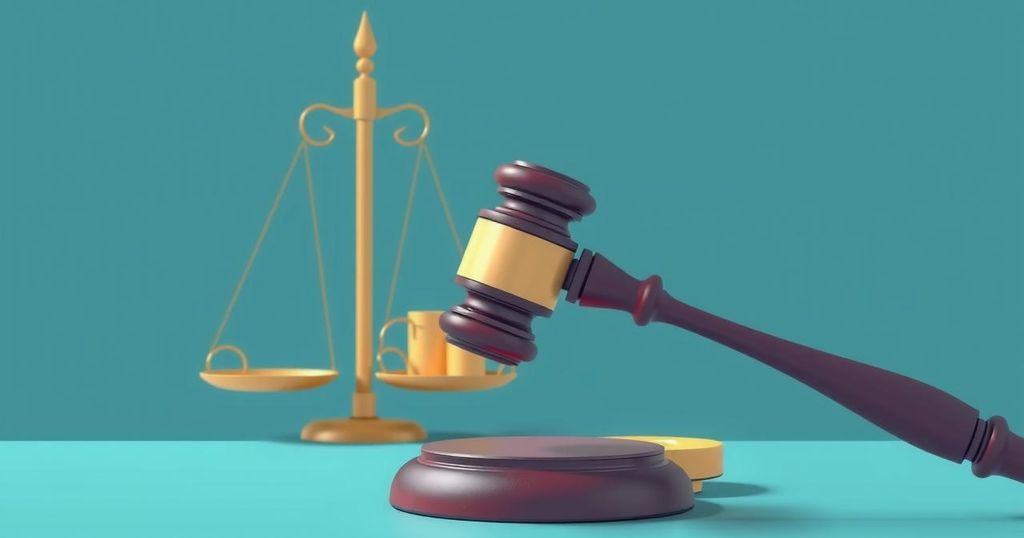Judge Briefly Blocks Immigrants’ Deportation to South Sudan

- A federal judge briefly blocks immigrants’ deportations to South Sudan.
- Judge Moss believes his authority was limited in this case.
- Judge Murphy ruled that Supreme Court orders mandated deportations.
- Immigrants facing deportation are from diverse countries, not South Sudan.
- Supreme Court’s recent rulings have significant implications for immigration law.
Judge Temporarily Halts Deportations Amid Ongoing Legal Battles
Judge Randolph Moss of the District Court in Washington, D.C., found himself at the center of a legal whirlwind over the Fourth of July weekend as he temporarily blocked the deportation of eight immigrants to South Sudan. These individuals are facing relocation to a country gripped by civil war and humanitarian crises, which has been strongly advised against by the U.S. government. While considering the appeal from the immigrants’ lawyers, Judge Moss expressed his belief that his authority was limited and indicated that the case required further judicial analysis, specifically pointing to Judge Brian Murphy in Boston, whose previous rulings played a pivotal role in halting deportation efforts to the war-torn nation.
Judicial Decisions Clear Path for Deportations
Following Moss’s brief stay, Judge Brian Murphy ultimately ruled on the matter later that same day. In his ruling, Murphy stated that the recent orders from the Supreme Court effectively mandated the continuation of deportations. He interpreted the Supreme Court’s decision as binding, asserting that the claims presented by the petitioners were adequately addressed in the new motions, thus leading him to deny the request to block the deportations. This judicial resolution came after weeks of the Department of Homeland Security attempting to relocate these immigrants, who, notably, are not originally from South Sudan but have been held at a U.S. naval base in Djibouti while the legal situation unfolded.
Immigrants’ Advocates Seek Alternatives
The tension around these deportations stems from both humanitarian concerns and previously established legal precedent. The Supreme Court’s recent vacating of Murphy’s earlier decision had its ramifications felt immediately, decisively favoring the administration’s argument for deportation of these individuals. Advocates and attorneys for the immigrants, which include people from countries such as Laos, Mexico, and Vietnam, have rushed to respond, filing emergency motions to contest their relocation. As this story develops, the intersection of immigration law, humanitarian considerations, and the interpretation of the Supreme Court’s directives will remain under scrutiny, illustrating the complexities faced in such cases.
Implications for Immigration Law and Future Challenges
Overall, this legal saga signifies broader implications in the immigration debate, especially regarding the deportation of individuals to places under severe stress from conflict. As adjudicated by multiple judges, the pathway is now open for the administration to transition the immigrants detained in Djibouti to South Sudan, a country marred by instability. Observers are left to wonder about the justice of such actions and the potential for future legal challenges as attorneys scramble to protect their clients’ rights amid a rapidly evolving judicial environment.
The recent rulings by Judges Moss and Murphy have opened the door for deportations to South Sudan after a brief halt. It underscores the tension between judicial decisions and immigration policy. As the situation evolves, the involvement of advocates raises important questions regarding the treatment of immigrants and humanitarian considerations.







